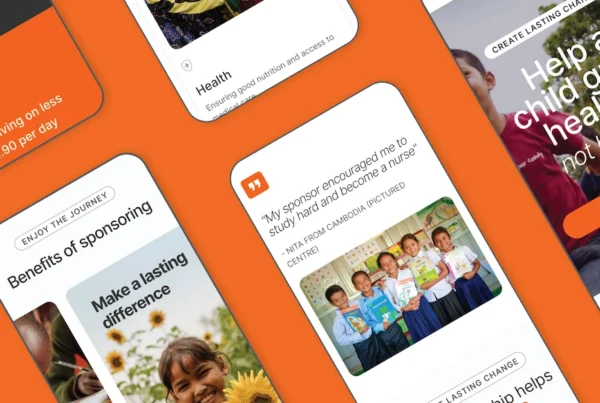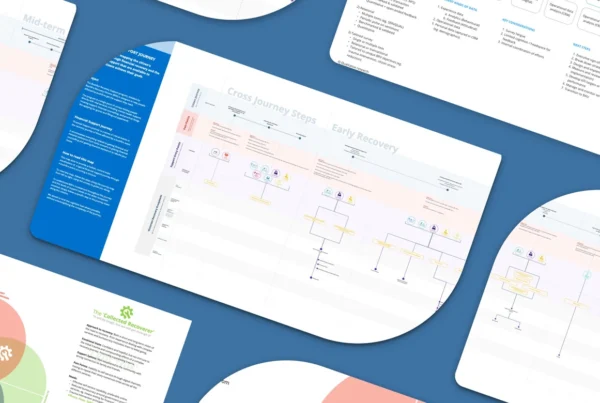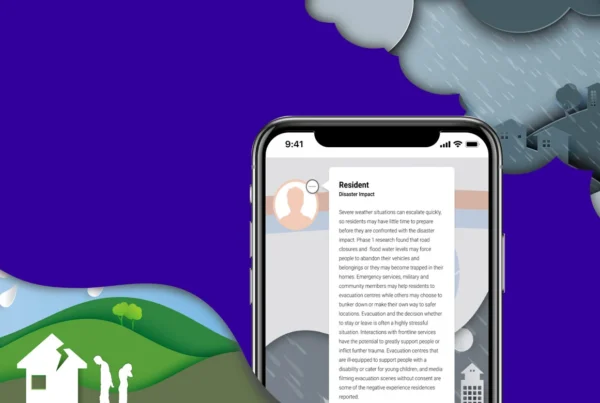Transforming the Community Housing Customer and Employee Experience
Client
National Community Housing Provider
Services
Design Research, Strategic Design, Systems Thinking, Customer Experience, Employee Experience
Industry
Social impact
Year
2021

Impact
Our client is a prominent not-for-profit organisation that strives to offer affordable housing to vulnerable individuals and communities. They collaborated with Symplicit to develop a sustainable and scalable business model as part of their efforts to transform their operations. This model will help the organisation achieve its goal of eradicating housing poverty.
Value
Due to the effects of COVID-19, there has been a surge in demand for services and communication channels, and the organisation’s staff have had to adapt to new ways of working. Hence, the client has realised the necessity of continually transforming its business model. As a result, the executive leadership team has adopted a comprehensive and people-focused approach to determine the optimal future state to help the organisation accomplish its short and long-run strategic objectives.
The project team used design research and systems thinking practices to thoroughly understand how the client and its partners assist customers through their current services. They also identified areas where improvements could be made for current and future customers and staff.
After conducting extensive research, we were able to synthesise the data into several key strategic pillars. These pillars provide valuable insights that align with our clients’ Social Impact Framework. Furthermore, we have developed actionable recommendations tailored to our client’s unique needs and goals. By implementing these recommendations, we can help our client achieve their desired social impact outcomes and create a meaningful difference in the world.
Process
Our team began the work program by conducting a comprehensive Discovery phase. This involved examining existing documentation and research and conducting interviews with key stakeholders to gather information for the project roadmap. We undertook a landscape review to inform our research, examining best practices for customer experience within and outside the social housing sector. We also worked closely with stakeholders and experts in the field to co-create a community housing ecosystem map. This helped us identify and prioritise which customers and employees to include in future research activities.
After identifying and recruiting research participants, our team delved into an immersive research phase to better understand the daily struggles faced by Australians experiencing housing stress. By tapping into our client’s extensive networks, we were able to interview community housing customers from all walks of life, representing the full spectrum of vulnerable populations across the country. This allowed us to gain valuable insights and perspectives that will inform our recommendations and help us develop effective solutions to address this critical issue.
The client was very aware of the importance of providing an exceptional employee experience to achieve a customer experience that would truly stand out in the social housing industry. As a result, the team conducted interviews with employees all over the country to gain a better understanding of the current employee experience and the obstacles faced within the company’s operational framework.
After conducting all necessary research activities, we were able to synthesise all the collated data into a visual mental model map. This map provided us with a clear illustration of the thematic analysis and inter-connected relationship between the current customer and employee experience. From this map, we were able to gain some valuable insights which were then formed into actionable, strategic recommendations. These recommendations were aligned with the client’s Social Impact Framework and recognised business models, which made it easier for the client to prioritise and deliver new strategic initiatives.
Mindset
The client and Symplicit team demonstrated a high level of engagement and collaboration to break down the immense complexities faced within a highly diverse, national organisation and broader social housing ecosystem.
The potential of triggering traumatic responses from research participants and interview facilitators to experience vicarious trauma through empathetic engagement was understood and managed proactively by the client and the Symplicit team, ensuring all project activities were delivered with upmost care.
Everyone involved acknowledged and respected social housing customers as we worked to better understand their immediate needs, expectations, and longer-term goals (as individuals, families, and communities) as they progress through their individual journey to find a place to call home.





